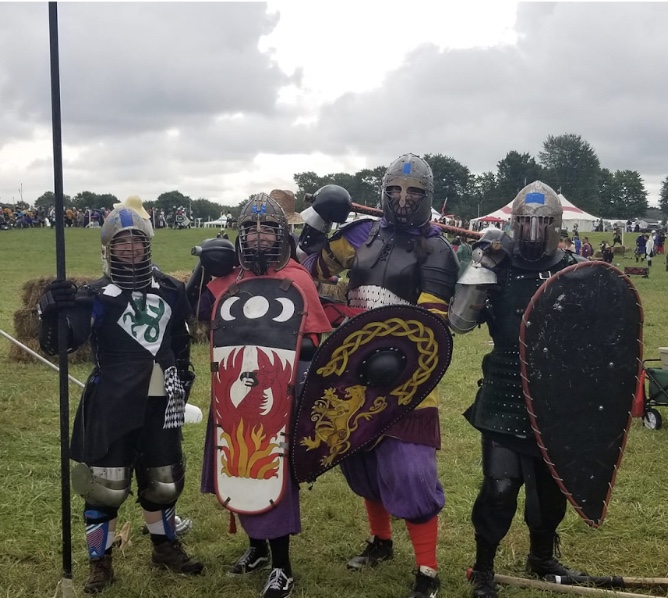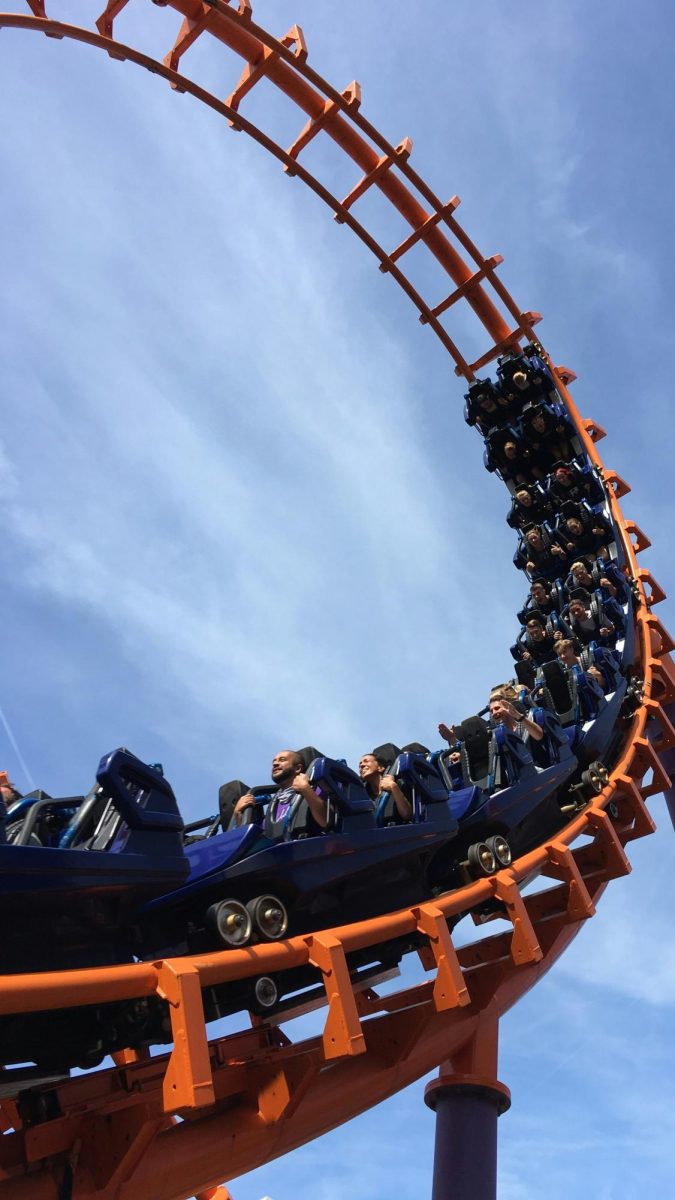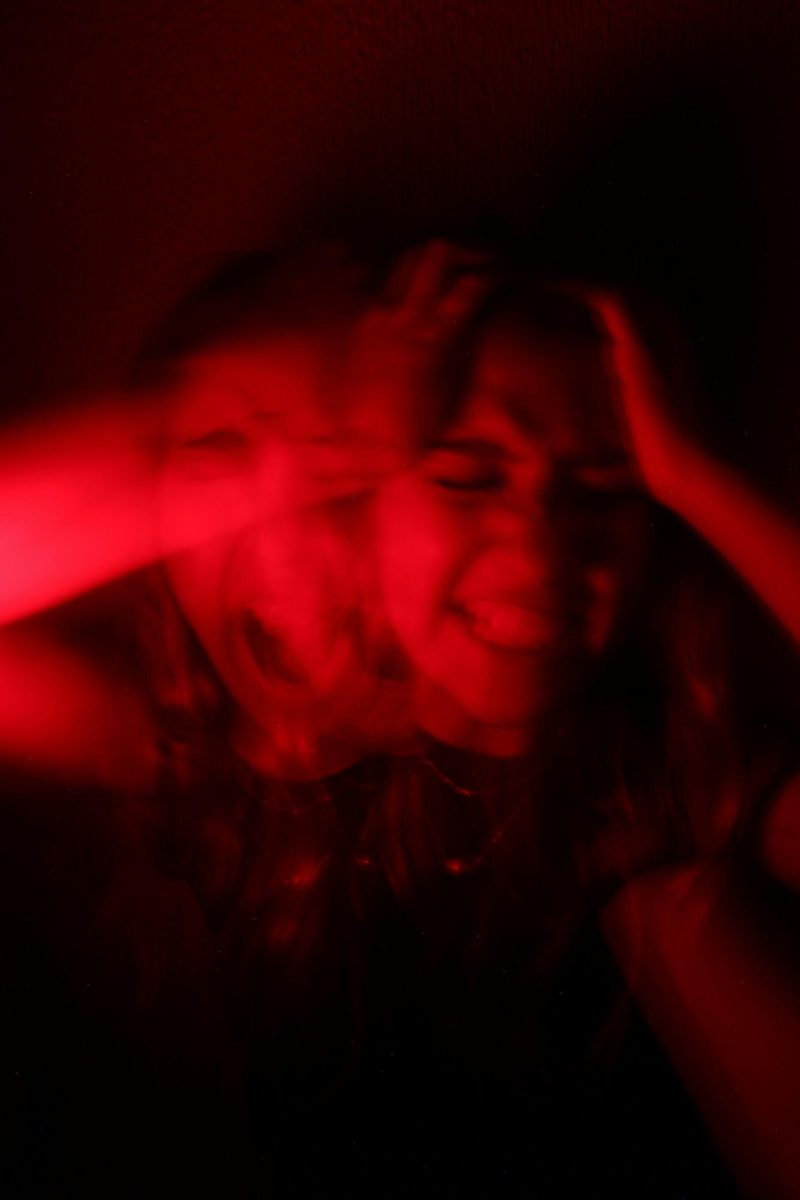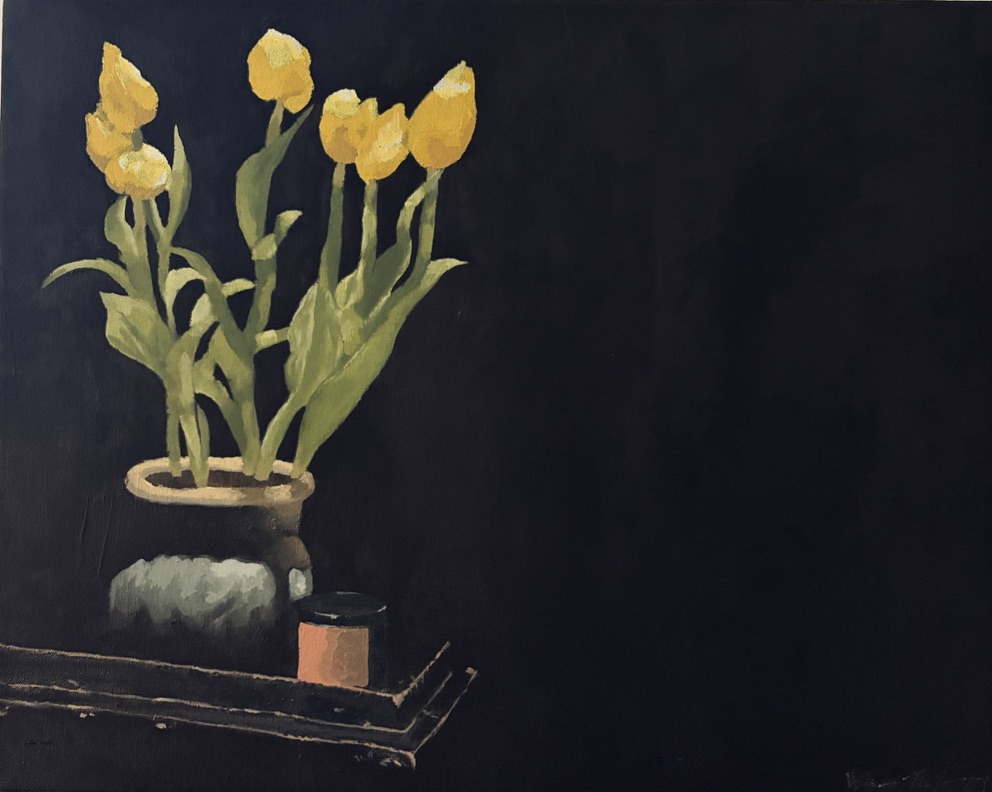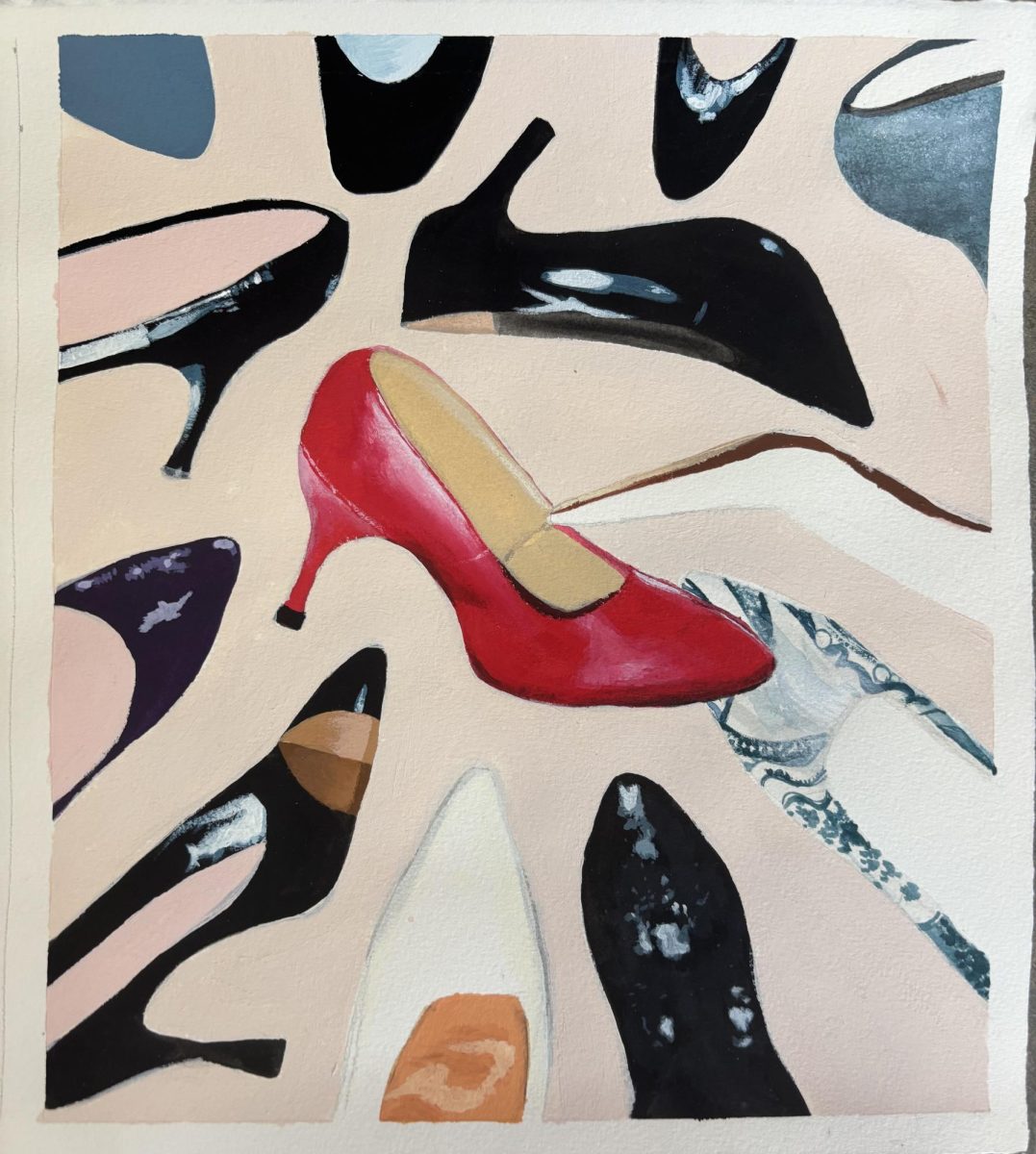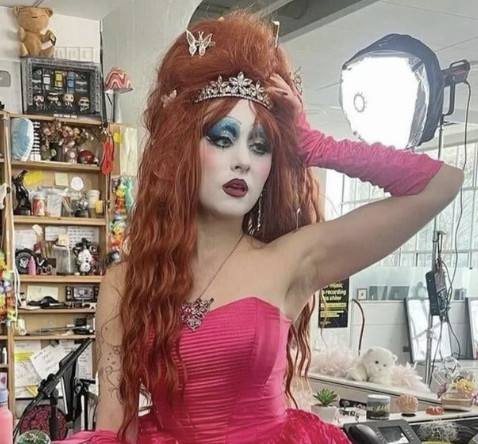In a grassy field, two massive armies, one blue and one red, line each side. By the end of this battle, the field will be trampled flat. Each kingdom and unit flies a banner overhead, signaling their position. The field is silent and still, as we wait for the cannon, anxious to charge. Our unit was on the blue side, at the very end of the line. We had a job: charge the end of the enemy line and wrap their flank. I knew the plan and the people who would fight next to me. Now all we had to do was execute the plan.
“Three!” the marshals called out.
“Two!” the commanders picked up the count.
“One!” the unit cried together.
“Boom!” and with the sound of cannons, the battle began, and the armies charged the field.
I’ve been a member of the Society for Creative Anachronism (SCA) since I was a kid. I’ve spent countless weekends recreating pre-seventeenth-century life with clothes, courts, and competitions. Our household in the SCA is my second family, but, much like my real family, they still see me as seven instead of seventeen. Combat is one of the few activities reserved for adults and with good reason. You wear a full suit of armor and get hit with weapons made of rattan, a thick, hardened reed. You can get seriously hurt if you don’t have the right training. Fighting in this battle was my right of passage; if I did well, I would finally be seen as one of the adults, not just a kid running around their feet. I had been training all year long, from lifting weights to going to a weekly fight practice. I was ready, or so I hoped.
As the battle began, we ran to meet the enemy line. Where the lines crashed together was chaos, a blur of metal, weapons, and color. I instantly forgot any notion of a plan. One thought broke through the confusion: hit the people wearing red. As I glanced around, I saw an opening; if I could just step forward a little, I would have a clear strike on an unsuspecting target. Bang! A spear thrust to the face and I was dead. My unit had just lost its first soldier.
“I failed. I failed my unit, I couldn’t even throw a single shot. I was only useful as a human shield, and a bad one at that. Even if they forgive me, they’ll never take me seriously again. How could they after seeing that?” As I walked off the battlefield, my thoughts spiraled. It took all my strength to keep myself from crying as I removed my helmet and got some water. Maybe if I slipped away now, no one would notice I was missing.
“Did you have fun?” It was Sigrun, one of the people whose back I was supposed to have. It was my fault she had died so early.
She was asking a genuine question, I realized. She wasn’t mad at me; she wanted to make sure I was having a good time. As more of my unit walked off the battlefield, it was the first thing they asked me, too.
Suddenly I realized that I did have fun. Sure, I didn’t perform nearly as well as I would have liked, but I had found my people on that battlefield, and they accepted me no matter what. We had fun fighting beside each other, and that was what mattered. I can learn how to handle the adrenaline, how to take the opportunities I see, and how to shield my face. No matter what comes next, I know my new community will be there for me, and I hope I can show my friends the same lesson when we all take the field on campus next year.
Photo credit: Kevin Wells


